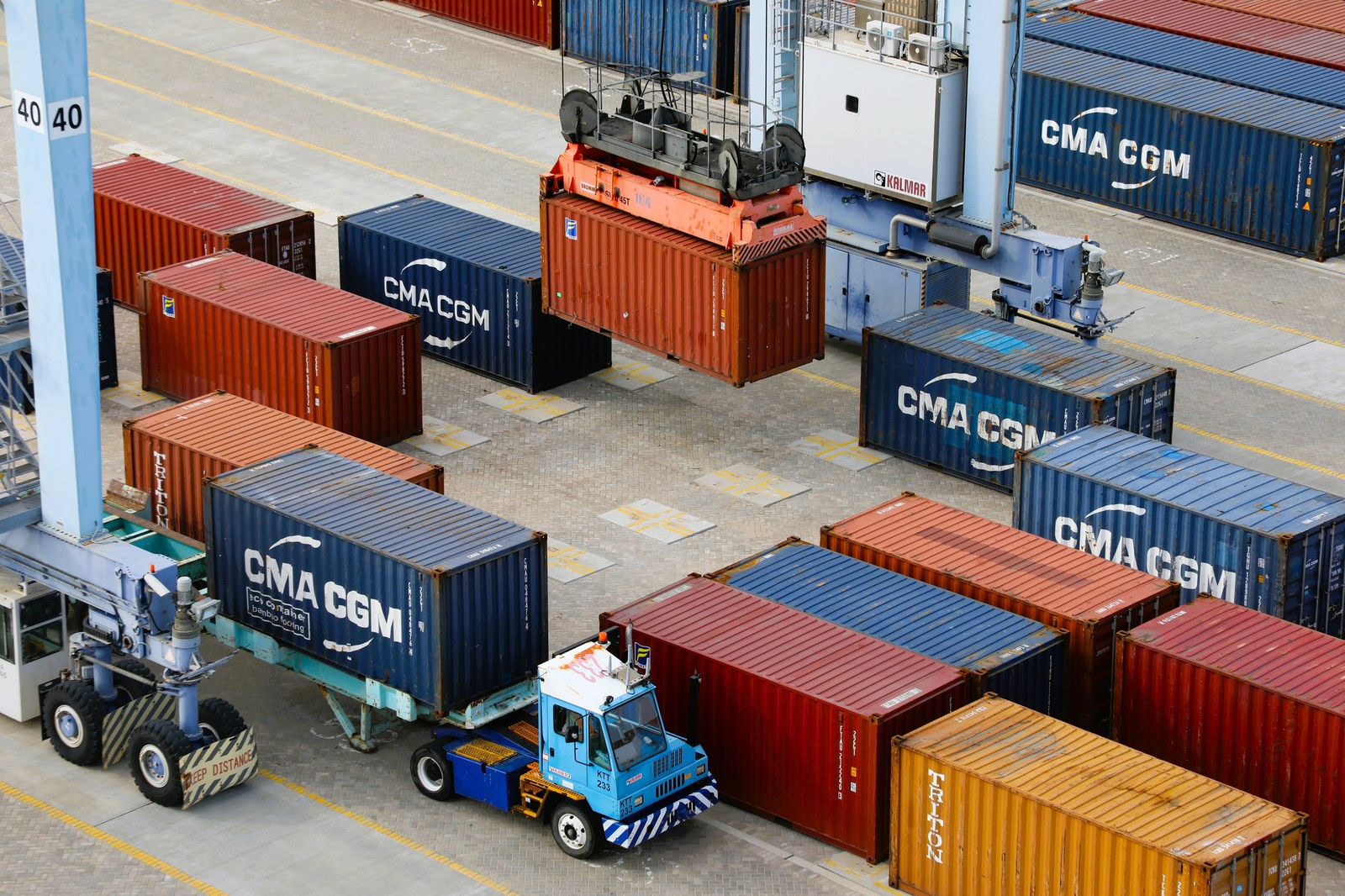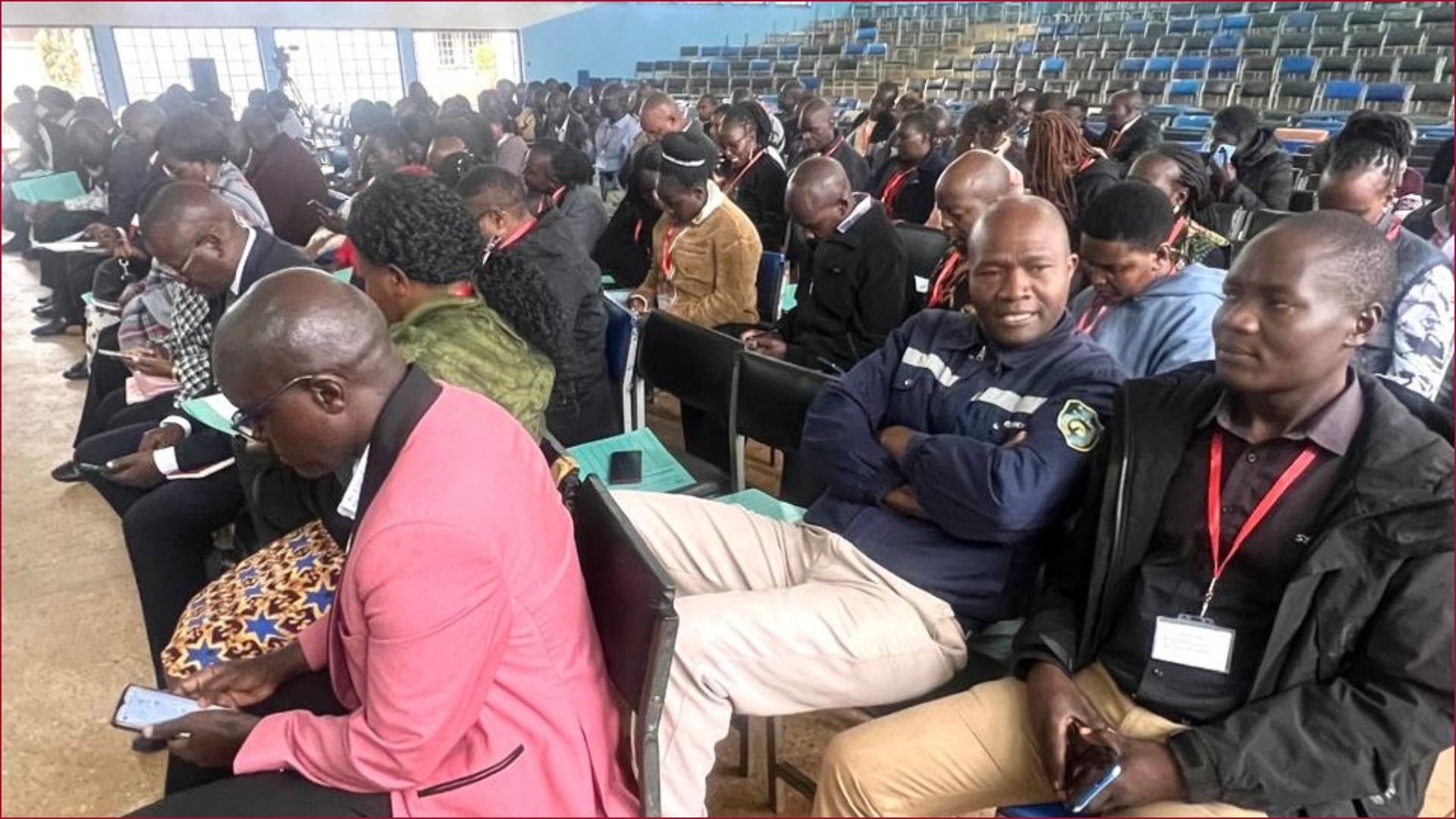The National Authority for the Campaign Against Alcohol and Drug Abuse (NACADA) has announced major changes in how import and export licenses for alcoholic beverages will be processed.
In a statement on Wednesday, October 1, NACADA announced that it has shifted the entire system to a digital platform effective today.
The agency said licenses for alcoholic beverages and related products will be sought through the National Electronic Single Window System (NESWS), managed by the Kenya Trade Network Agency (KenTrade).
"The National Authority for the Campaign Against Alcohol and Drug Abuse (NACADA) hereby notifies all stakeholders and the general public that, with effect from October 1, 2025, the processing of import and export licenses and Consignment Documents/Permits for alcoholic beverages and related products will be carried out through the National Electronic Single Window System (NESWS), managed by the Kenya Trade Network Agency (KenTrade)," the statement read.
According to NACADA, the transition is part of efforts to modernize the country’s trade and regulatory systems.
Read More
"This integration is part of a national initiative aimed at streamlining trade processes, enhancing transparency, and strengthening regulatory oversight.
"The move will centralize clearance of all alcoholic beverages and related products under NACADA, reduce manual processing and delays through automated workflows, and improve compliance and data integrity across agencies," the statement added.

NACADA clarified that all fees related to licensing will remain unchanged and will continue to be governed by existing legal provisions.
However, payments will now be made exclusively via the eCitizen platform, which is fully integrated with the NESWS to ensure secure and efficient transactions.
In addition, licenses issued before October 1, 2025, will remain valid for their original duration.
The details of such licenses will be uploaded into the system using approved information, allowing for automated generation of consignment documents, seamless online cargo release, and the elimination of manual, non-transparent clearance processes.
The authority also explained the new procedure for importers, exporters, and customs agents.
Under the new framework, an importer, exporter, or their customs agent will first log into the NESWS system to apply for a Master Document or License.
Payment will be made according to NACADA's gazetted fees, after which the application will be submitted for approval.
Upon the arrival of shipments at the point of entry, the importer, exporter, or customs agent will again log into the system to apply for a Consignment Document, also referred to as a Permit.
This document will serve as clearance for the goods and will not attract any additional fees.
In its notice, NACADA urged industry players to prepare for the new system and assured them of support during the transition period.
"In preparation for the transition, all stakeholders are urged to familiarize themselves with the National Electronic Single Window System (NESWS) in readiness for onboarding. NACADA will provide the necessary onboarding support as required," the statement concluded.
This comes months after NACADA was forced to clarify its latest policy recommendations on alcohol and substance abuse control, following an uproar over the proposed laws.
In a statement released on Wednesday, July 30, NACADA clarified that, contrary to media reports suggesting the authority was planning to ban alcohol advertising, sales in retail locations, and celebrity endorsements, no such policies have been introduced.
The authority emphasized that these measures are policy recommendations, not law, and stressed that any implementation would follow established legislative procedures.
"The next step after this launch is developing a multi-sectoral implementation framework, bringing together stakeholders from government, industry, civil society, and the public. This process will set out a phased plan for potential implementation, pending a thorough review process, which will be transparent and inclusive," NACADA explained.
The clarification came after NACADA published its latest recommendations which included several stringent measures aimed at combating substance abuse among Kenyan youth.
According to the original recommendations, NACADA proposed raising the minimum legal drinking age in Kenya from 18 to 21 years as part of its effort to delay initiation and reduce drug use among young people.
The authority also recommended establishing alcohol- and drug-free zones around schools and faith-based institutions and integrating life skills, drug education, and mental health awareness into school curricula.
Among the most contentious recommendations were sweeping restrictions on alcohol marketing.
NACADA called for a total ban on outdoor advertising, social media endorsements, and celebrity involvement in alcohol promotions.
The authority further recommended prohibiting marketing during children's programs, school events, and national holidays and pushing for mandatory health warning labels in English and Kiswahili on all alcoholic products.


-1771737995.png)




